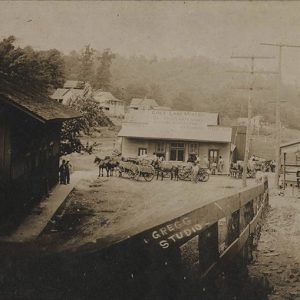 Winslow Street Scene
Winslow Street Scene
Entry Category: Counties, Cities, and Towns - Starting with W
 Winslow Street Scene
Winslow Street Scene
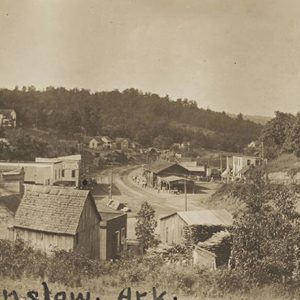 Winslow Street Scene
Winslow Street Scene
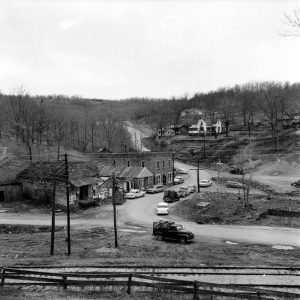 Winslow Street Scene
Winslow Street Scene
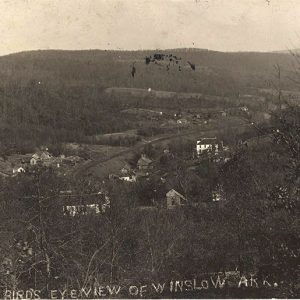 Winslow View
Winslow View
Winthrop (Little River County)
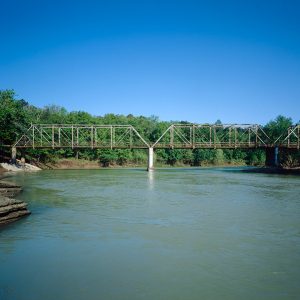 Wire Ford Bridge
Wire Ford Bridge
Wirth (Sharp County)
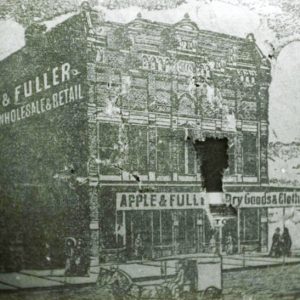 Witcherville Retailer
Witcherville Retailer
Witherspoon (Clark County)
Witherspoon (Hot Spring County)
Wittsburg (Cross County)
Wolf Bayou (Cleburne County)
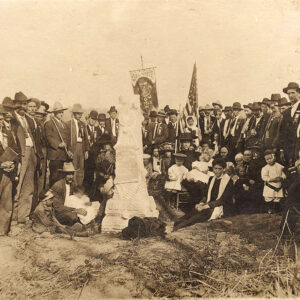 Wolf Cemetery Monument Dedication
Wolf Cemetery Monument Dedication
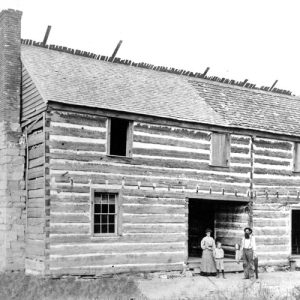 Jacob Wolf House
Jacob Wolf House
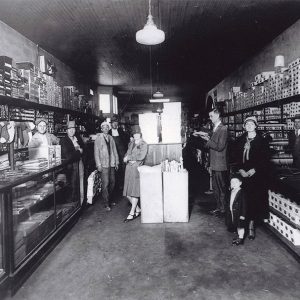 Wolfe Dress Shop
Wolfe Dress Shop
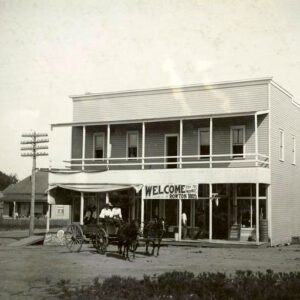 Womble Businesses
Womble Businesses
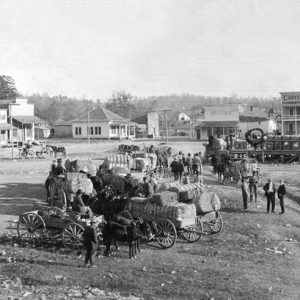 Womble, 1914
Womble, 1914
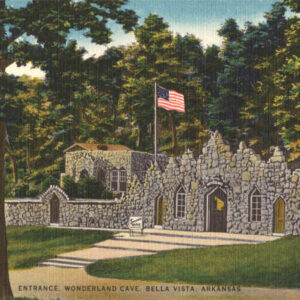 Wonderland Cave Entrance
Wonderland Cave Entrance
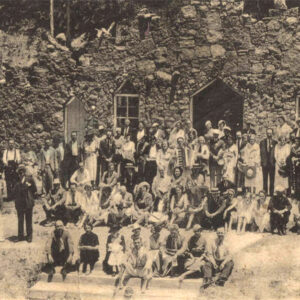 Wonderland Cave Visitors
Wonderland Cave Visitors
Woodruff County
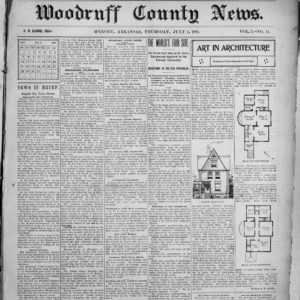 Woodruff County News
Woodruff County News
Woodson (Pulaski County)
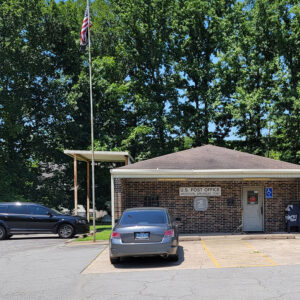 Woodson Post Office
Woodson Post Office
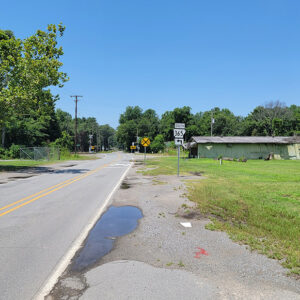 Woodson Street Scene
Woodson Street Scene
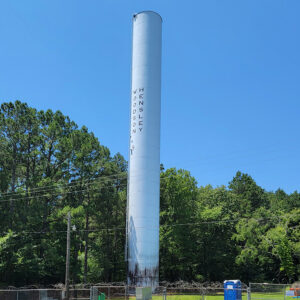 Woodson-Hensley Water Tower
Woodson-Hensley Water Tower
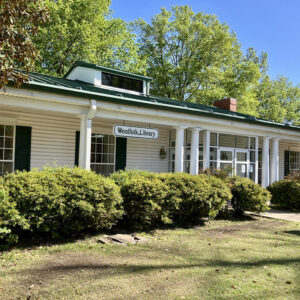 Woolfolk Library
Woolfolk Library
Wooster (Faulkner County)
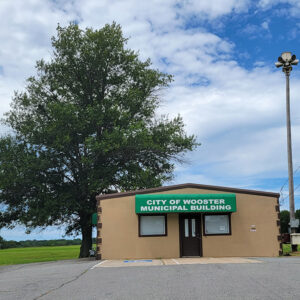 Wooster Municipal Building
Wooster Municipal Building
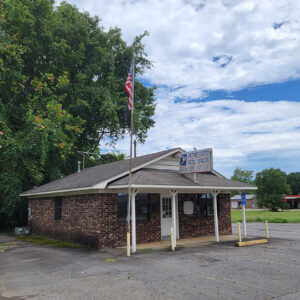 Wooster Post Office
Wooster Post Office
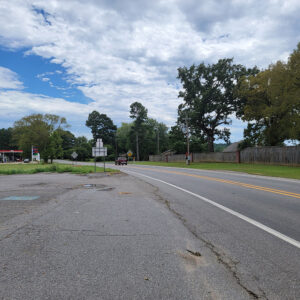 Wooster Street Scene
Wooster Street Scene
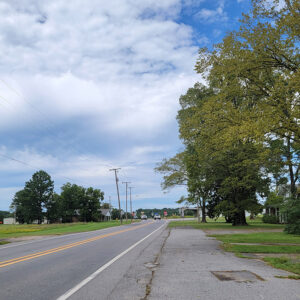 Wooster Street Scene
Wooster Street Scene
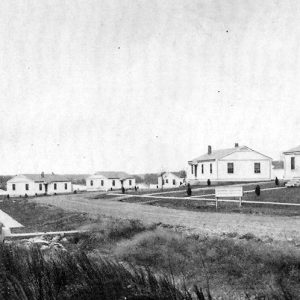 Worker Village
Worker Village
Wrightsville (Pulaski County)
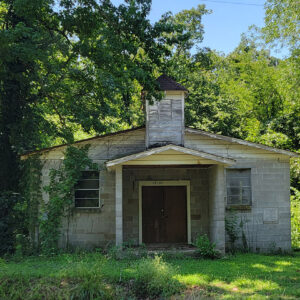 Wrightsville AME Church
Wrightsville AME Church
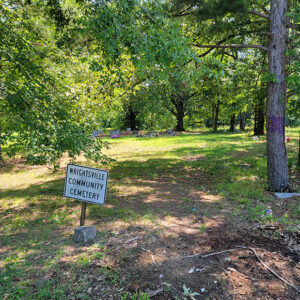 Wrightsville Cemetery
Wrightsville Cemetery
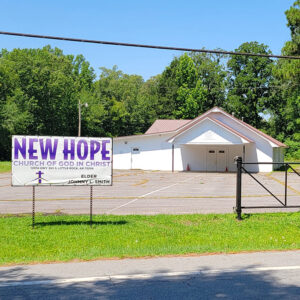 Wrightsville Church
Wrightsville Church
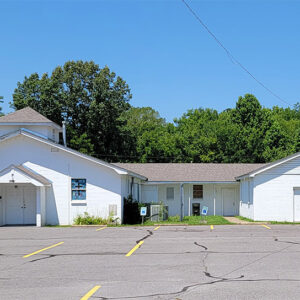 Wrightsville Church
Wrightsville Church
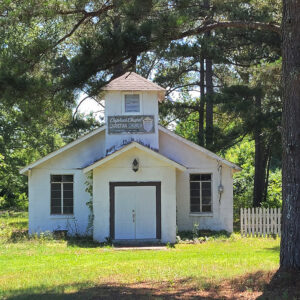 Wrightsville Church
Wrightsville Church
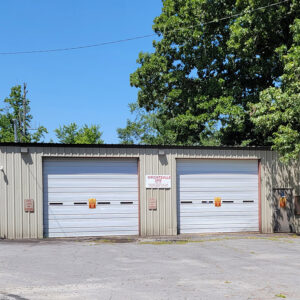 Wrightsville Fire Department
Wrightsville Fire Department
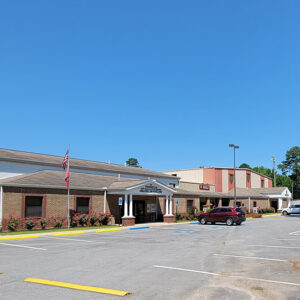 Wrightsville Municipal Buildings
Wrightsville Municipal Buildings
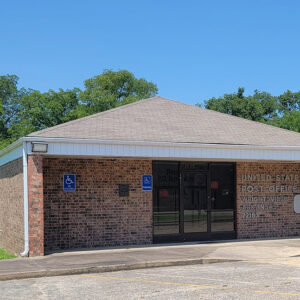 Wrightsville Post Office
Wrightsville Post Office
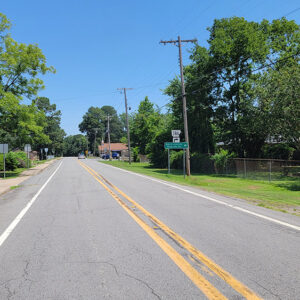 Wrightsville Street Scene
Wrightsville Street Scene
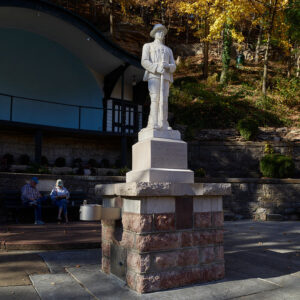 WWI Memorial
WWI Memorial
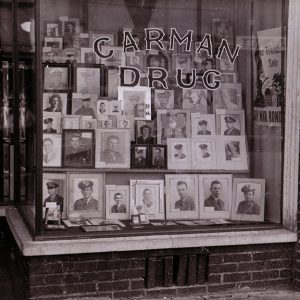 WWII Soldiers and Sailors
WWII Soldiers and Sailors
Wyandotte (Hot Spring County)
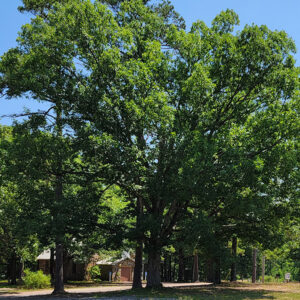 Wye United Methodist Church
Wye United Methodist Church
Wynne (Cross County)
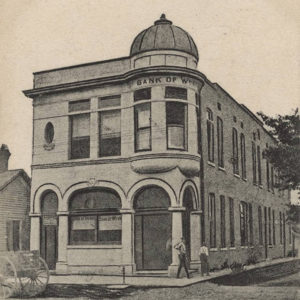 Wynne Bank
Wynne Bank
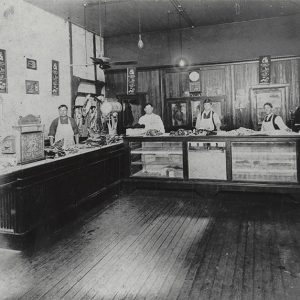 Wynne Butcher
Wynne Butcher
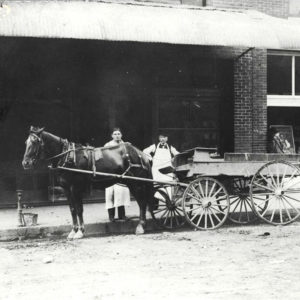 Wynne Butcher
Wynne Butcher




